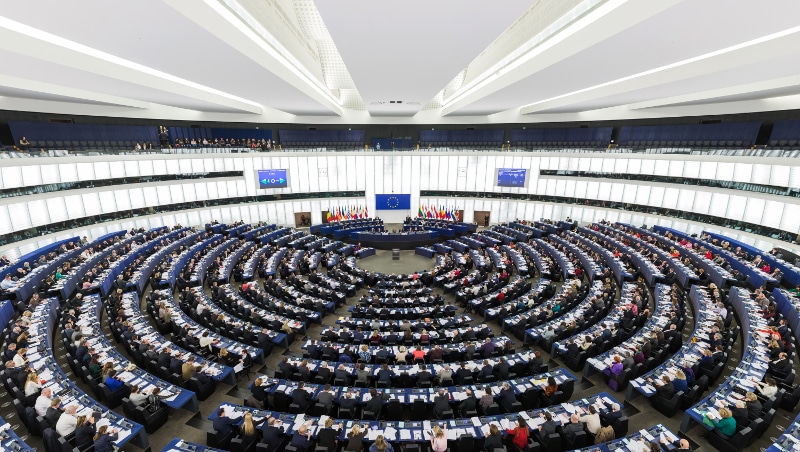The center-right and the center-left in the European Parliament (EP) have reached an accord regarding the legislation allowing the EU to force large banks to sever their investment banking operations from the rest. The bank break-up project has been in the making for two years now, and is part of European regulators’ drive towards ensuring that there is no repetition of the 2008 financial crisis anytime soon. Now, the officials say they have found a compromise.
Banks, however, beg to differ and they have voiced this difference loudly and repeatedly.
Strict supervisory regime for too-big-to-fail banks
The draft law, first announced by ex-European Commission member Michele Barnier, who led the post-crisis regulatory drive in Europe, envisages a strict supervisory regime for banks in the dreaded “too big to fail” category. Such banks include all those whose assets exceed €30 billion and whose trading activities exceed €70 billion, as well as banks that are considered systemically important by the European regulators.
The original idea behind the law was that such banks would make too loud a sound if they crash, so a mechanism had to be put in place to avoid this, apparently at all costs. The mechanism in question involves watchdogs, national and European, keeping a close eye on the banking operations to make sure they don’t engage in proprietary trading. Should they be implicated in the activity, their investment banking arm would be cut off from their retail banking operations. This was the initial idea.
Automatic separation of investment and retail banking has been ruled out
The good news for banks following the EP accord is that the break-up envisaged in the draft will be a final resort and will not be done automatically. Compared to the initial proposal of Barnier, the separation between investment and retail banking would have happened automatically, something that no bank would be able to tolerate.
Banks, however, especially some of them, seem unconvinced of the benefits of the proposal as was approved by the two main EP groups, led by Swedish MP Gunnar Hoekmark and German representative Jakob von Weizsaecker. The reason: although the separation of banking operations won’t be automatic, proprietary trading will be banned across the board.
Ban on proprietary trading
French majors that qualify as too big to fail are particularly unhappy because their structure is much more centralized than, say, that of British banks (which, by the way, have their own anti-prop trading legislation, the Vickers rule, estimated to cause a capital gap of more than $5 billion by 2019).
The law could make some banks more vulnerable to punitive measures
The new version of the EU law, according to French banking sector insiders, would make them more vulnerable to all the punitive measures stipulated in the draft. These include a capital raise and documentary evidence that their investment banking operations do not endanger financial stability.
Aside from European banks, another group that may be affected by the legislation would be the subsidiaries of US banks operating on the continent. Although , it’s different from the planned EU rules and this could create regulatory clashes.
Proprietary trading, which has been blamed by watchdogs as one of the major causes of the financial crisis in 2008, involves lenders using their own funds for risky trading operations. Because the European regulators believe this practice is too risky to be allowed, they have spent the last two years looking for ways to discourage leading to the accord reached between the center-left and the center-right in the EP.
The next step in the process, after the EP adopts its viewpoint on the future law, is a final round of negotiations with national governments. These negotiations could last for a few months, so there is a chance that the European banking industry could wake up to a new law before the summer of 2016.





Be First to Comment